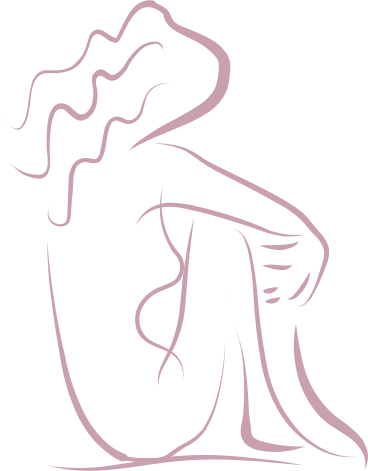Dr Carolyn Sadler, a former GP adviser on the Survey, co-ordinated research into PMS. Little is known about why some women suffer more than others with such things as mood swings and weight gain in the days leading up to their period. PMS is thought to be due to a combination of factors, including the woman’s vitamin and hormone levels, her general health and various social factors. Around 10% of women of child-bearing age suffer with PMS, and it is most common in women in their late 30s.
Nearly 1,000 SWS women completed symptom diaries over a 6 week period, which helped us find out more about the causes of PMS. We found a higher than expected level of PMS in our study with over 20% of women reporting significant symptoms affecting their lives. The data indicate that the use of different types of contraception may protect against PMS to different degrees, and that stress tends to increase the risk of PMS. This research was funded by the BUPA Foundation.
Further information about pre-menstrual syndrome is available from the National Association for Premenstrual Syndrome (NAPS). E: contact@pms.org.uk

